Indian democracy is the largest democracy in the world, where every citizen has the right to express their opinions and choose their government. The uniqueness of this democracy lies in the fact that public participation is of utmost importance. This democracy is not limited to elections alone; rather, it is a continuous process where the contribution of every citizen matters. The phrase "This public knows everything" reflects the strength of Indian democracy. It clearly suggests that the Indian public is fully capable of understanding politics and the electoral process and is capable of making its own decisions.
1. History and Evolution of Indian Democracy
The foundation of democracy in India was laid when the Indian subcontinent gained independence from British rule. During the freedom struggle, Indian leaders made it clear that the country could not attain true freedom until every Indian citizen was granted equal rights. On August 15, 1947, India gained independence from the British Empire, and subsequently, the Indian Constitution established the structure of democracy. The Constitution granted citizens the right to elect their representatives, form their government, and hold them accountable.
Dr. B. R. Ambedkar, the principal architect of the Indian Constitution, provided a strong foundation for this democracy. Through the Constitution, India proved that even a diverse country with multiple castes, religions, languages, and cultures could participate in a unified democratic process. Indian democracy is considered unique because of its structural diversity and inclusiveness.
2. The Role of the People in Democracy
The most important characteristic of democracy is that it is based on the people. In Indian democracy, it is clear that any decision or policy of the government is not considered valid unless it receives the approval of the people. The greatest power in Indian elections lies with the people, as every five years, citizens have the right to choose their representatives. Furthermore, the public can question their representatives at any time and hold them accountable.
The role of the people in democracy is not limited to elections alone. It is also the government's responsibility to ensure that people are receiving all their basic rights. In this context, public awareness is crucial. Today, with the help of social media and the internet, people can quickly gather information about the government and its leaders. This has made the truth clearer to the public, allowing them to respond easily to government policies and actions.
3. Elections: The Soul of Democracy
Elections are the heartbeat of Indian democracy. They provide the people with an opportunity to choose their government. Elections are not just a process but are symbols of the power of the people. Every five years, India holds the Lok Sabha elections, where people choose their Members of Parliament (MPs). In addition, there are elections for state assemblies and local bodies, where people choose their leaders.
During elections, people not only choose their leaders but also select the policies and ideologies that will affect their lives. Therefore, the results of elections are not merely about the victory or defeat of a political party but are a clear expression of the people's thoughts and aspirations.
4. Public Awareness and Social Media
Today, social media and digital platforms have given a new dimension to Indian elections. The role of young people and first-time voters has become more significant than ever. Through social media, people can learn about government policies and schemes, and they can share this information with their friends and family. Additionally, platforms like Facebook, Twitter, and Instagram host political discussions that bring together public opinions in one place.
Thanks to the impact of social media, people no longer only pay attention to electoral announcements and promises but also independently collect information to verify these promises. This has helped political parties understand the public's expectations and adapt their policies accordingly.
5. Indian Society and Its Transformation
Indian society has undergone significant changes. In the past, only certain sections of society were involved in political decisions, but now the voice of every class and community is heard. Whether rural or urban, farmer or worker, everyone's problems and opinions are now given importance. This change is particularly evident in issues that were previously ignored by the public, such as women's empowerment, education, health, and employment.
Today’s youth is also actively involved in politics, expressing their views through social media, blogs, and other platforms. This younger generation is far more aware and active than previous ones. They carefully analyze the promises and actions of political parties and form their opinions based on this analysis.
6. Challenges and Opportunities in Democracy
Every democracy faces challenges, and India is no exception. Corruption, political strife, and ideological differences between political parties are significant factors that impact democracy. However, despite these challenges, Indian democracy has succeeded in maintaining its strength and stability.
The greatest feature of Indian democracy is that it grants equal rights to every citizen, regardless of caste, religion, or region. Within this democratic system, equal opportunities are available to everyone. Today, there is an increasing demand for greater female representation, youth involvement, and representation of various communities in elections. This is an opportunity for democracy, where the voice of every class is heard and respected.
Conclusion
The phrase "This public knows everything" is not just a political slogan but a reality of Indian democracy. Today’s citizens are aware, have understood their responsibilities and rights, and do not just choose their government but also shape their future. In democracy, the power of the people is supreme, and as long as this power is used in the right direction, democracy will remain strong.
This is the time to recognize the strength of our democracy and use it correctly. The true essence of democracy is revealed when the public raises its voice and adheres to its rights. Therefore, it is our duty in every election to make the right choice and play our part in the nation's progress.

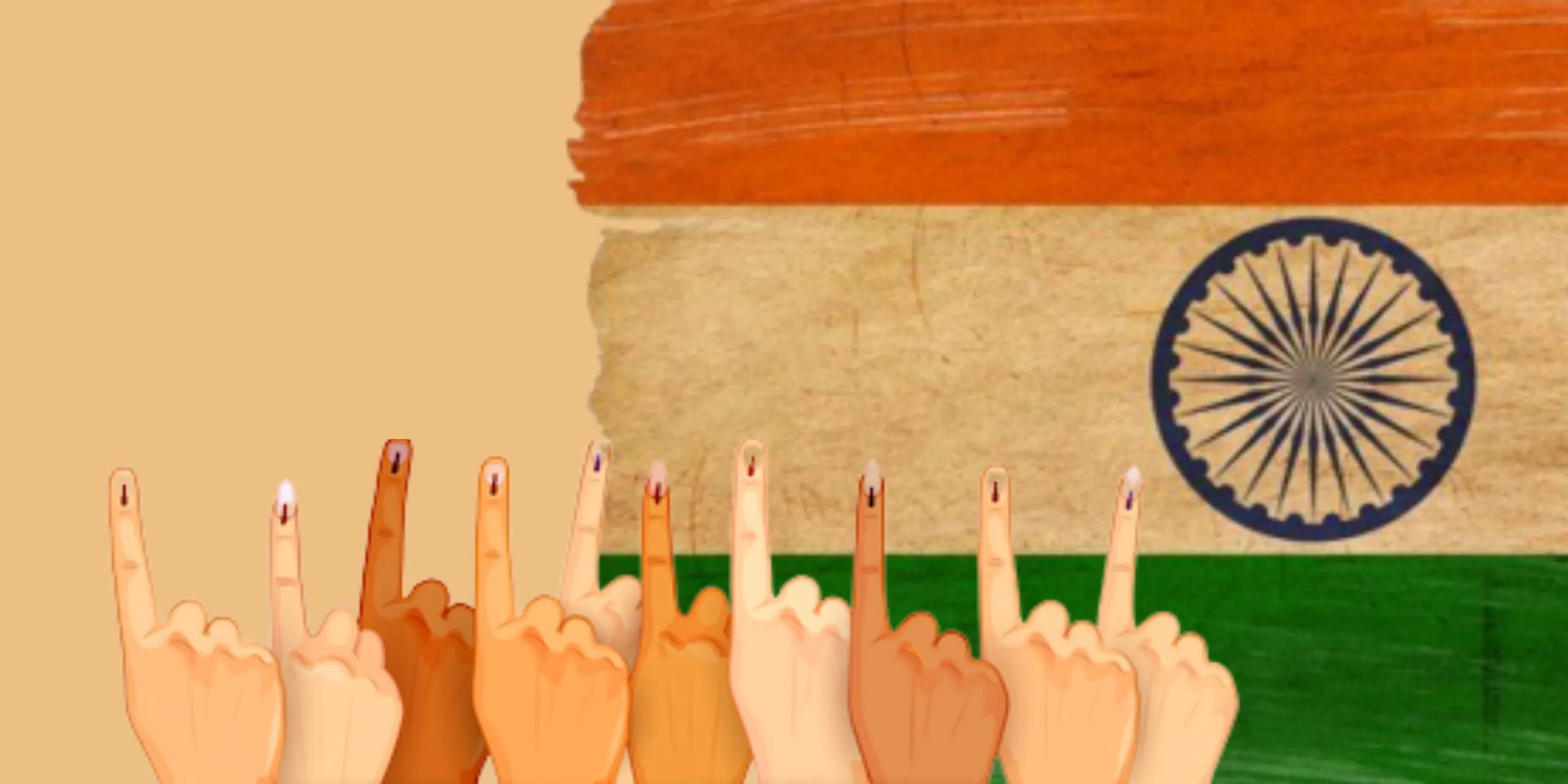

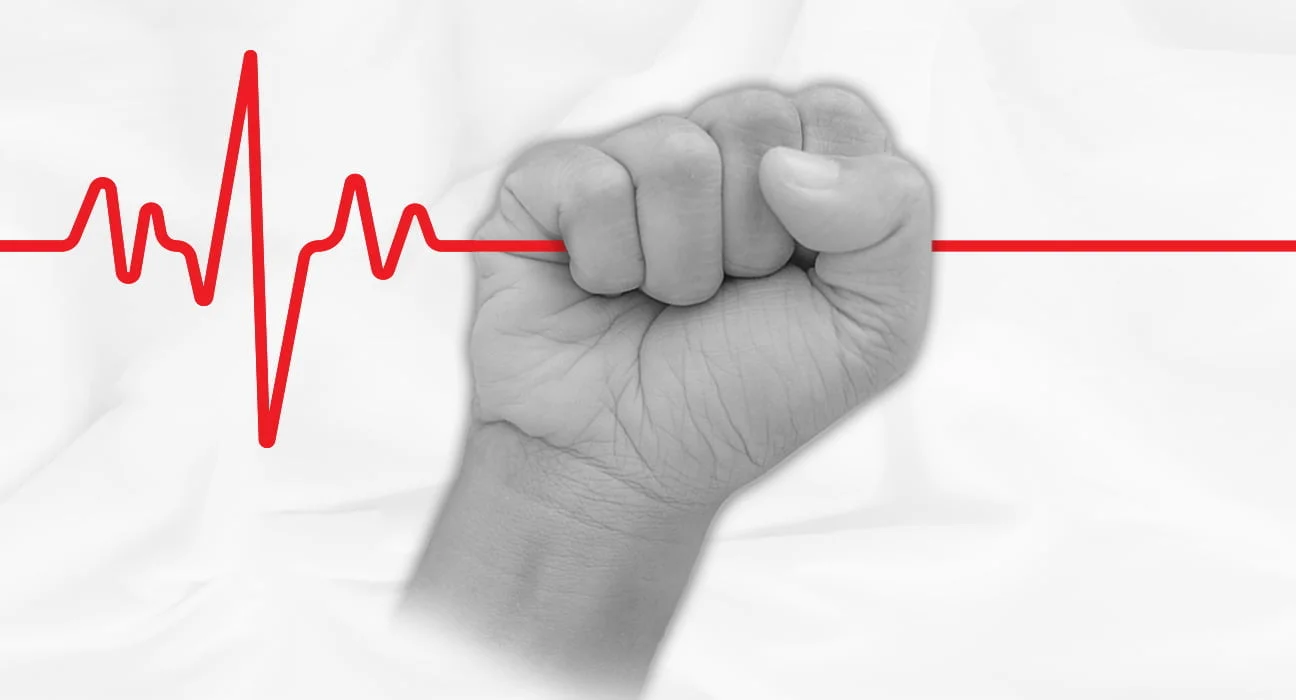

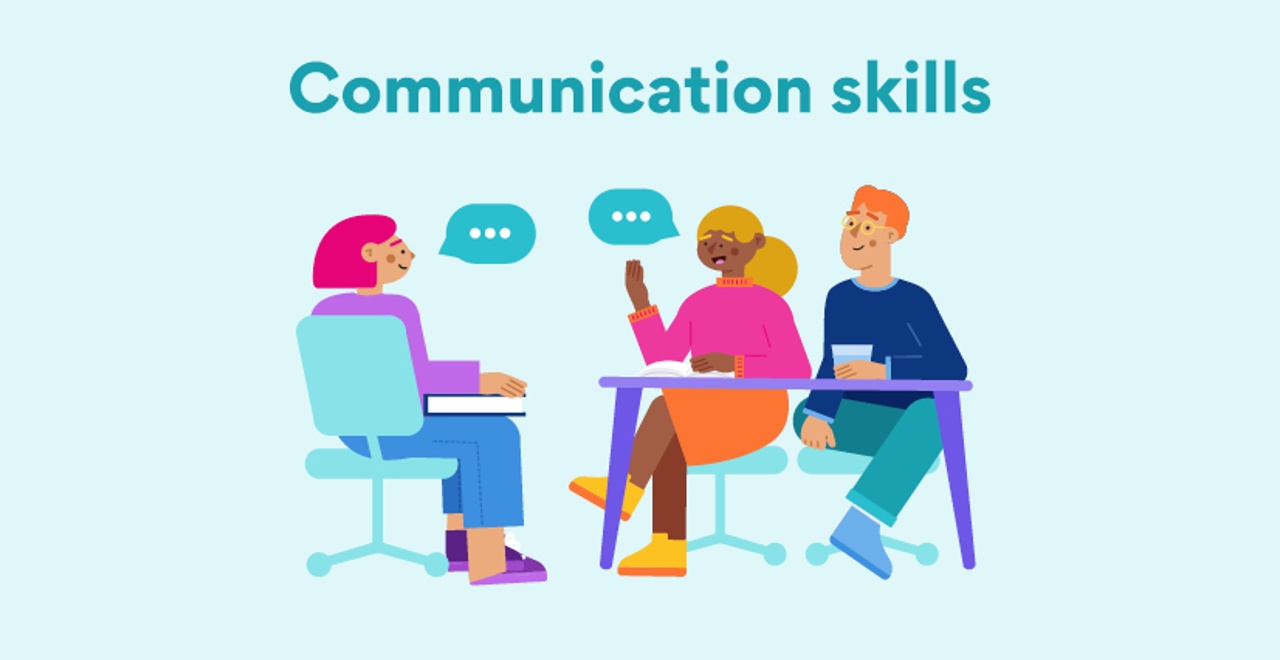
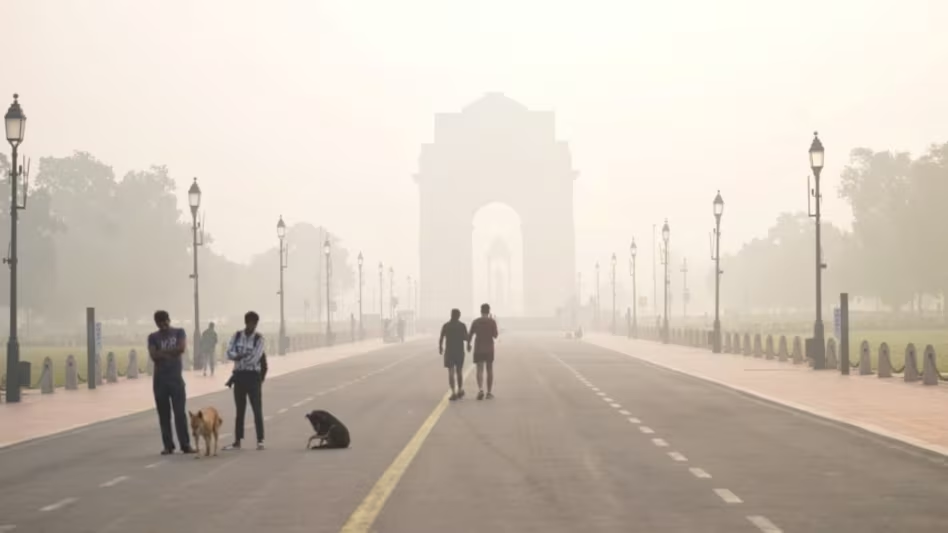
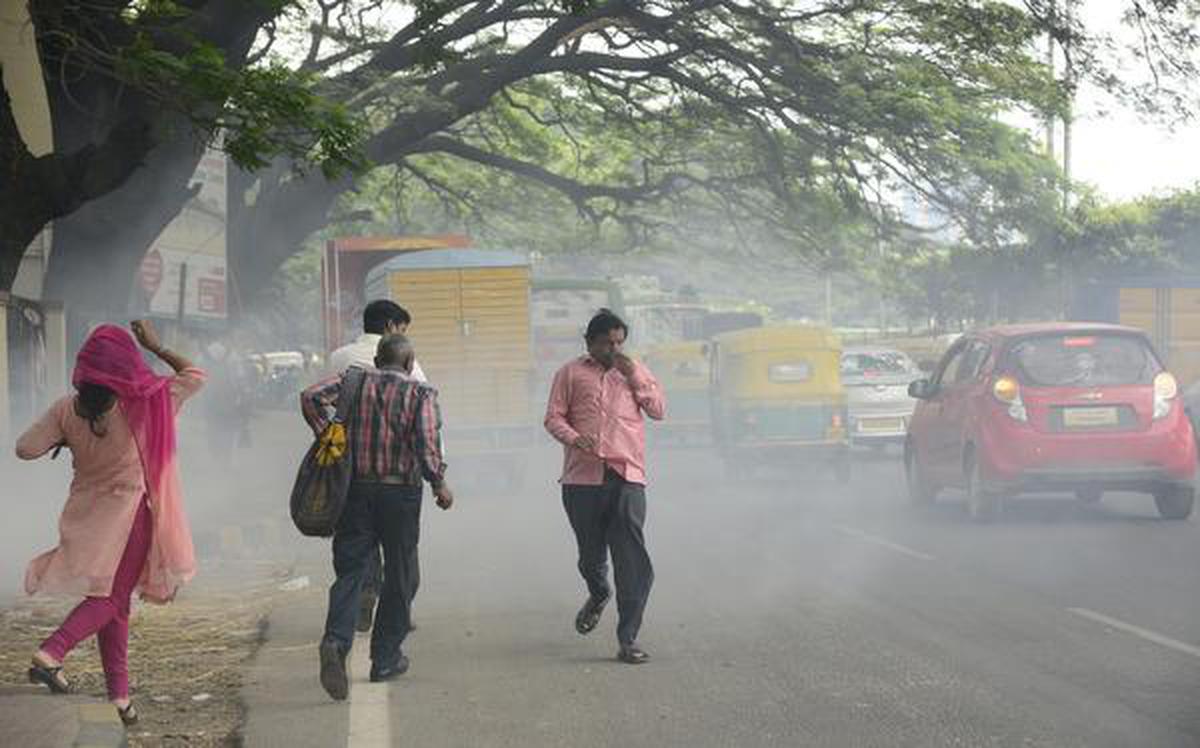
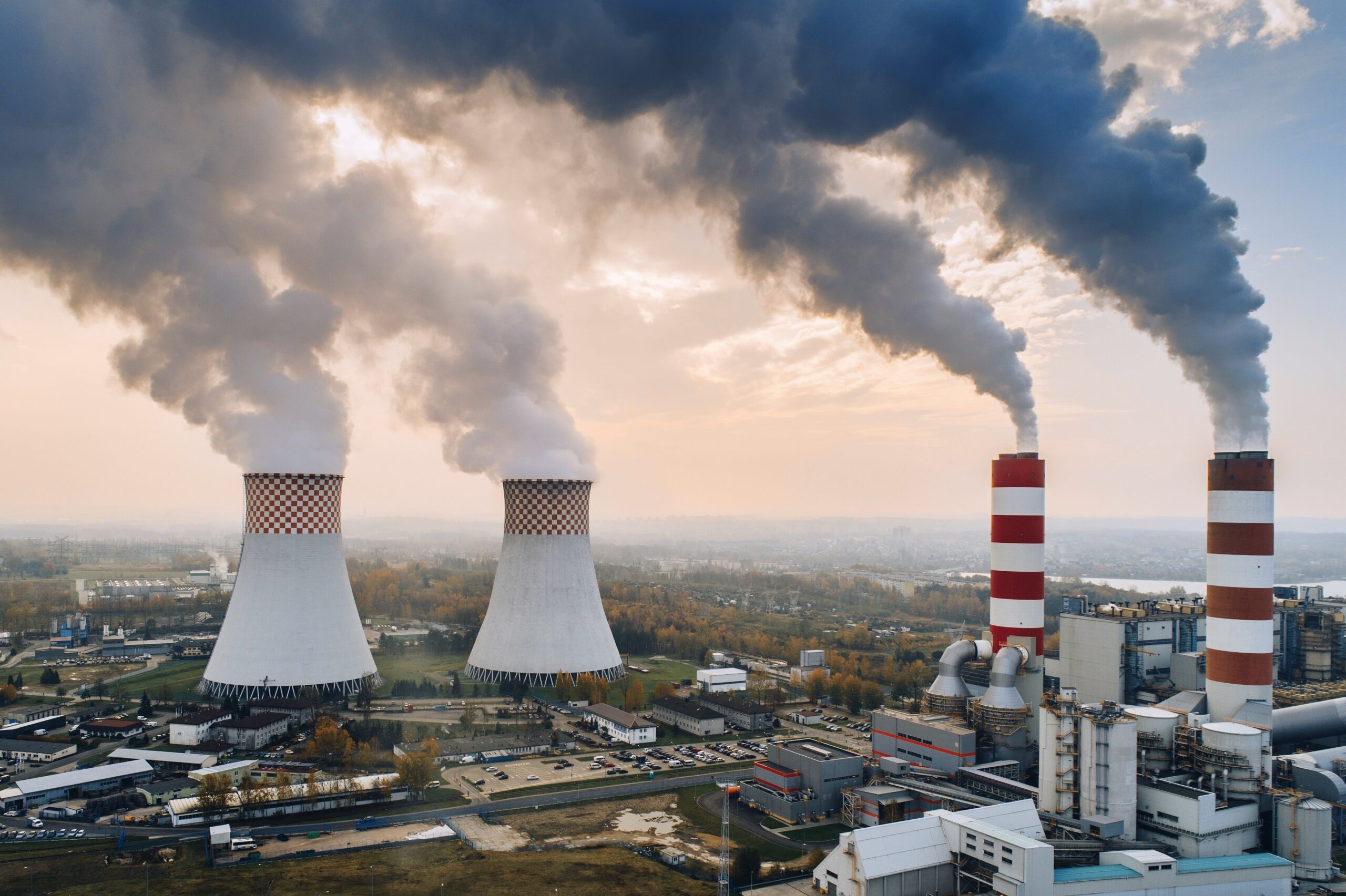
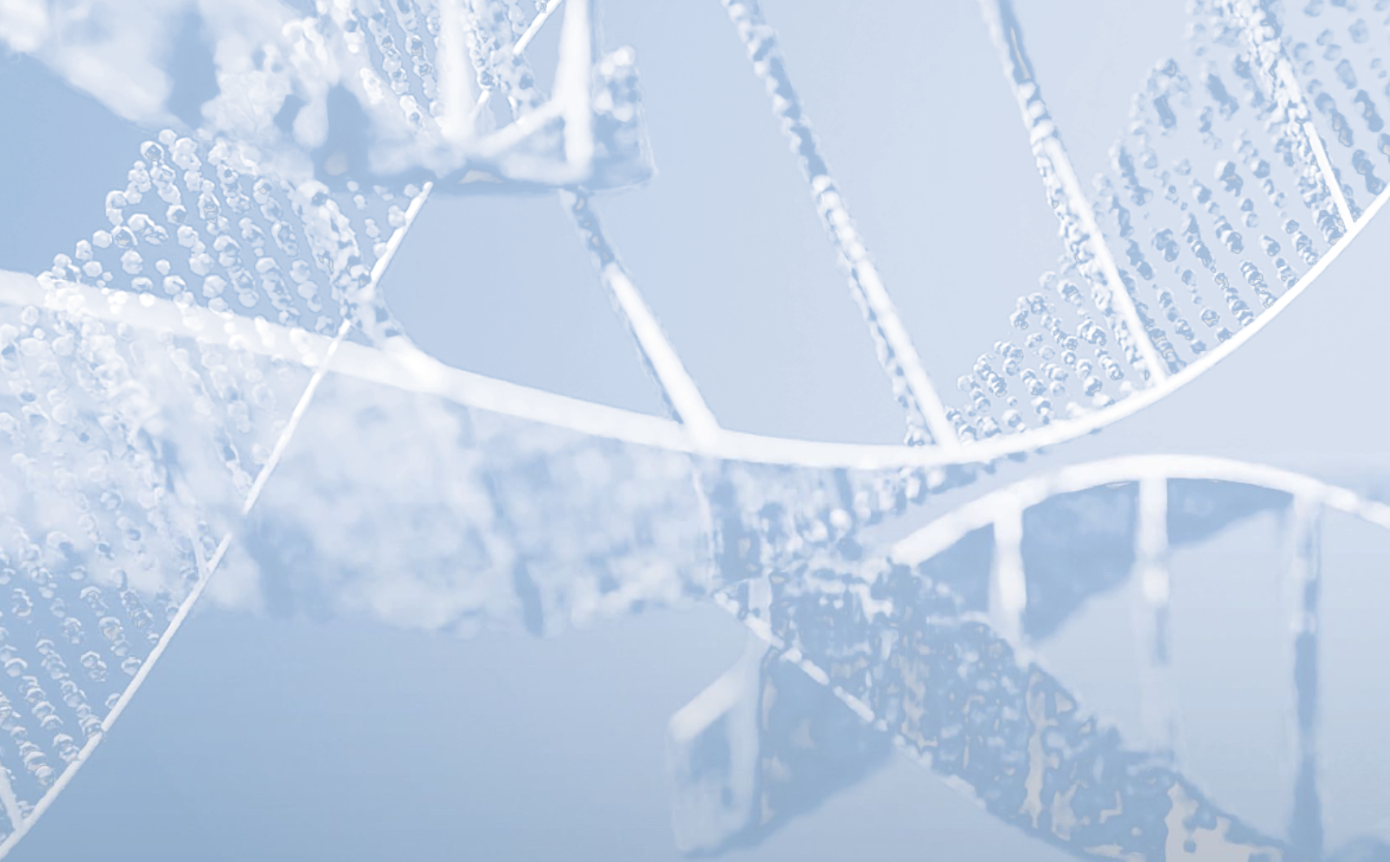
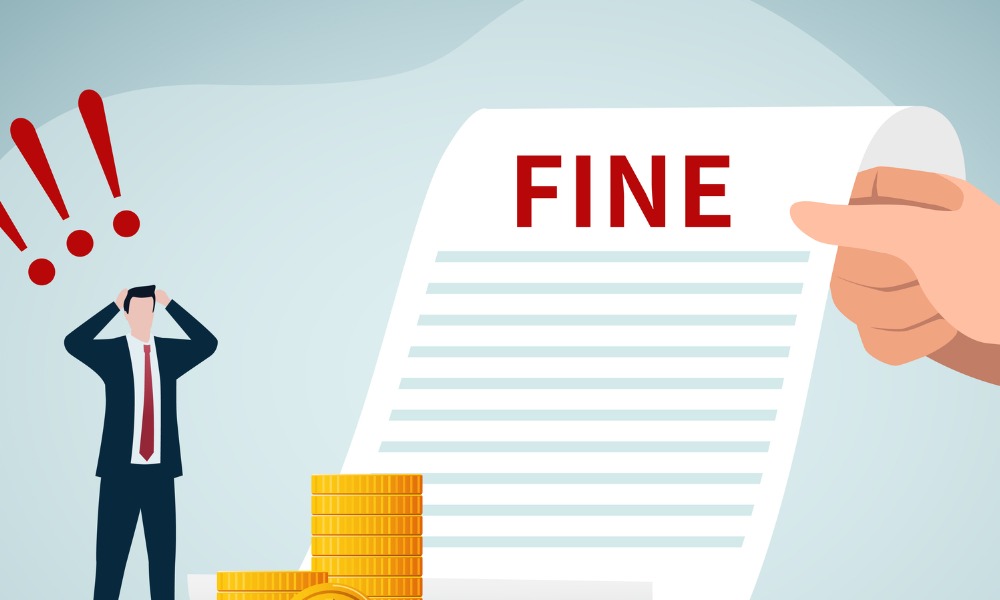
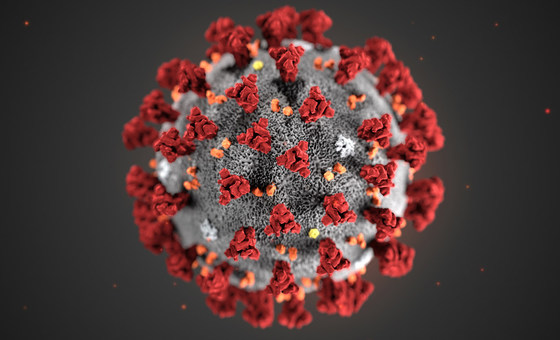
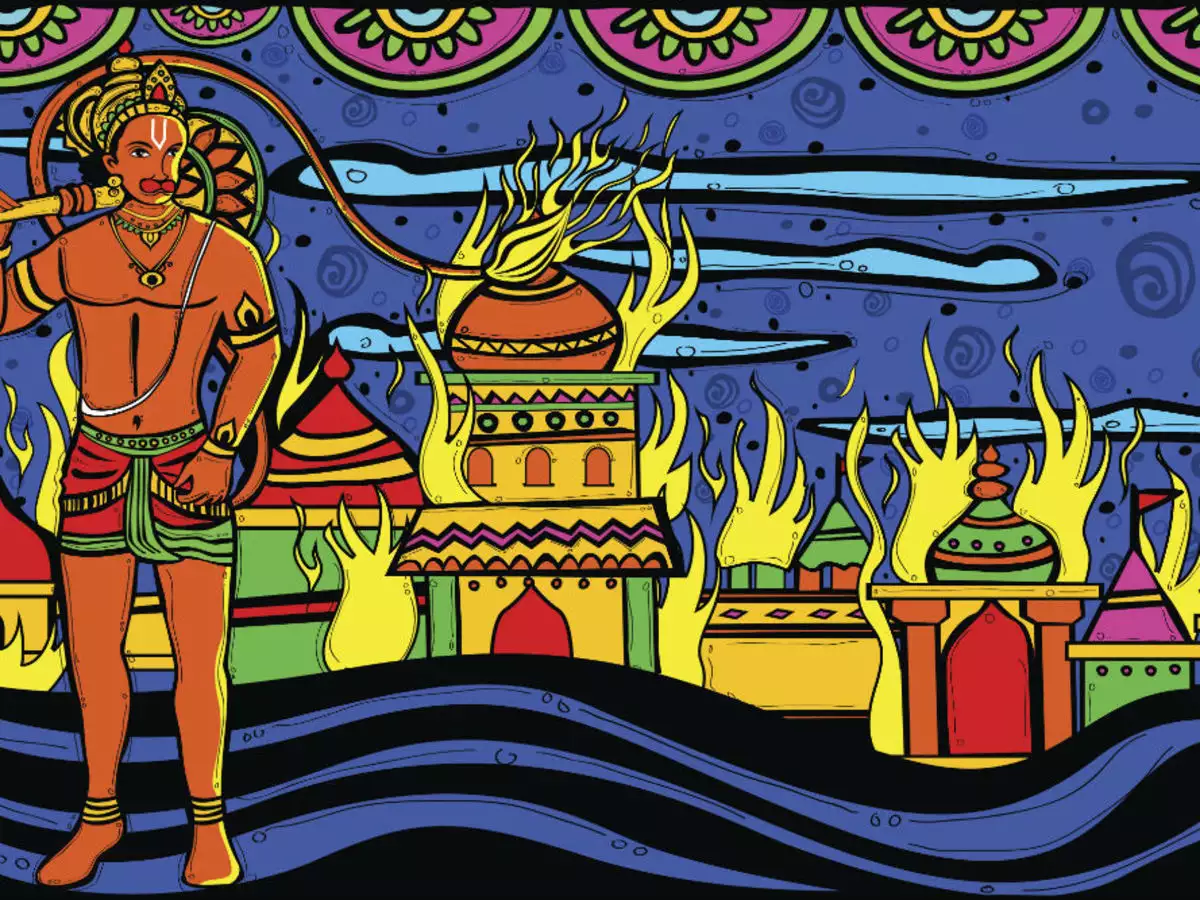







0 Comments